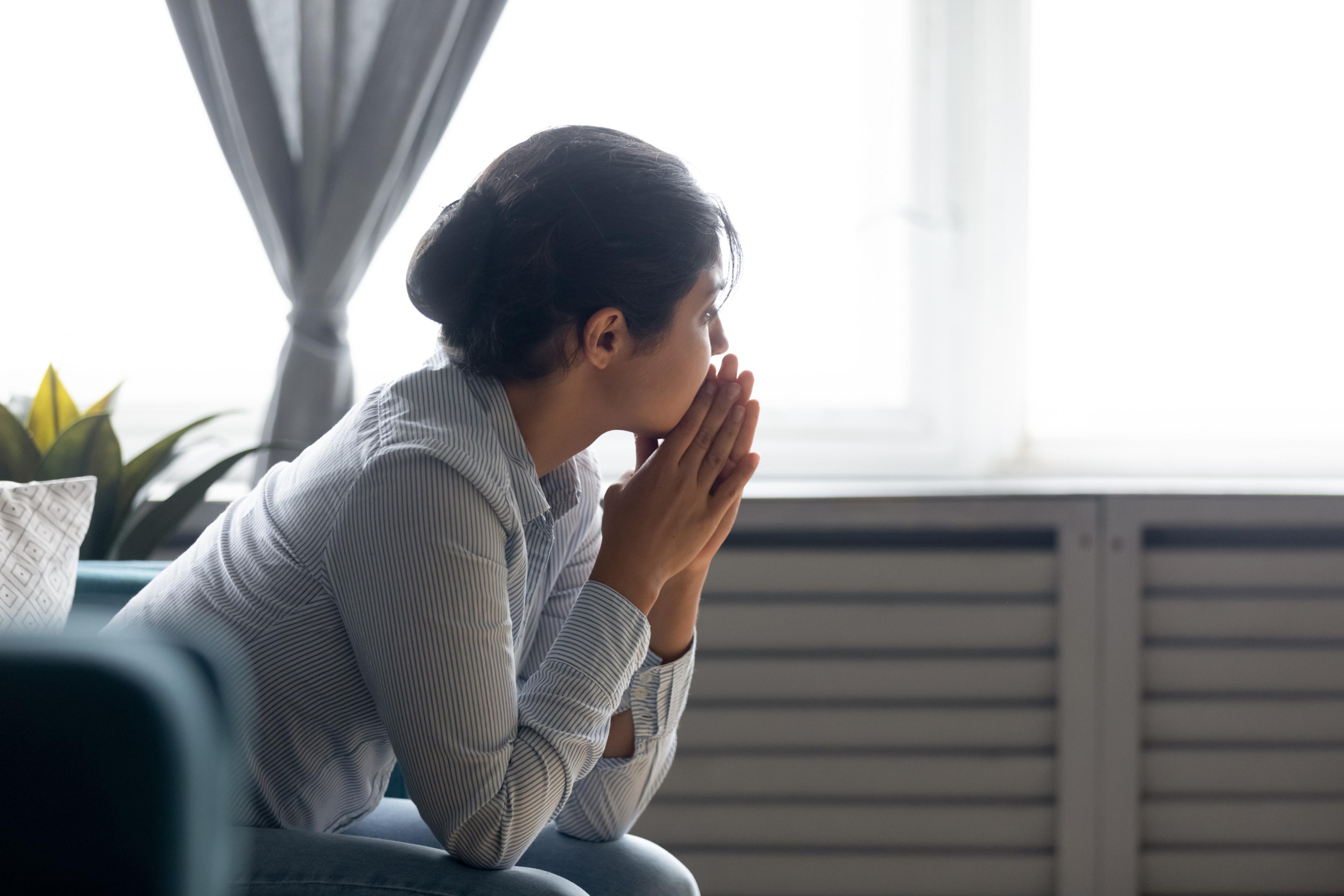Grieving Through an Unexpected Loss: How to Overcome Guilt

Dr. Kristyn Gregory, D.O.
| 4 min read
Dr Kristyn Gregory, D.O., is a former medical direct...

When a loved one dies unexpectedly, it can have a devastating effect on friends and family members. Roughly 2.5 million Americans die annually, leaving an average of five grieving people behind. When someone dies by suicide, in a car crash, through an overdose or by another sudden, unexpected way, the grieving process can be even more painful, as feelings of shock, disbelief, and guilt are often evoked on a recurring basis.
Survivors often encounter tremendous feelings of guilt, in multiple ways. They could experience survivor’s guilt, by surviving a crisis that someone else did not or feelings of believing and wishing there was something they could have done to prevent a death.
Grief happens whether we are prepared for it or not. It’s unavoidable, unpredictable and while it brings intense feelings of sadness, it should be embraced, because it represents the connection we shared with someone we lost.
The five stages of grief
Denial, anger, bargaining, depression and acceptance are the five stages of grief. Depending on the nature of the bereavement, some of the stages can have a more profound impact.
The initial news and stages of grief are often characterized by disbelief. This can be accompanied by feelings of numbness or a belief that the person lost is still present. When it comes to the unexpected nature of a death, a person might experience what is known as “absent grief,” which occurs when someone shows little to no signs of normal grief. They don’t cry, they’re not lethargic, and they don’t appear angry or like they miss the deceased.
The sudden nature of a death may cause someone to experience the stages of grief in a non-linear, unexpected sequence. Some individuals may not even experience all of them, like with absent grief, or they may have a delayed grief reaction, stemming from an inability to initially comprehend the events or the meaning of death.
The impact of stigmatized grief
Some unexpected losses are more difficult to discuss due to causes that are more sensitive in nature. Losses from miscarriage, substance use disorder, mental illness and suicide can too easily be stigmatized by others.
The stigma surrounding grief related to these types of deaths can make it tough for some people to process their loss. They may feel too ashamed to reach out for support.
Someone who lost a loved one to suicide, for example, may then feel guilty and isolated, and those feelings get compounded by the already-painful feelings of grief. This can lead to an added difficulty in processing the grief, affect an individual’s ability to form new relationships and make it difficult for them to perform well at work or school.
Managing guilt during grief and where to seek help
Some self-help and coping strategies to combat feelings of stigmatized grief – and grief in general – over the unexpected loss of a loved one can include:
- Educating oneself on the cause of the unexpected death
- Joining a support group to talk with and spend time around people with shared experiences
- Journaling about the feelings to help process the grief
- Practicing mindfulness exercises like deep breathing and meditation
- Talking with a therapist or counselor to gain perspective and navigate feelings
Here are some organizations and resources that can help with the grieving process:
- The American Foundation for Suicide Prevention
- The Substance Abuse and Mental Health Services Administration (SAMHSA)
- Willow House
- Suicide Awareness Voices of Education (SAVE)
- The Compassionate Friends
- The Dougy Center
- The American Counseling Association
Grief can feel overwhelming, especially when it’s so unexpected. It’s important to take some time for self-care and to address the body’s basic needs throughout the grieving process. Be sure to drink enough water, get in some gentle daily exercise and prioritize rest. Don’t be afraid to lean on others to help cover daily responsibilities.
Grief is the result of losing love and connection. These feelings and any outward change in emotions due to the loss of a loved one, do not require an apology.
Kristyn Gregory, D.O., is medical director of behavioral health at Blue Cross Blue Shield of Michigan.





